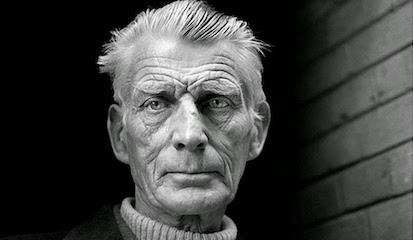
Samuel Beckett. — a giant of modern literature and theater, best known for reshaping what storytelling and drama could be. His work is stark, strange, darkly funny, and often deeply moving in its exploration of human existence.
[draft]
Who Was Samuel Beckett?
- Born: April 13, 1906, in Dublin, Ireland
- Died: December 22, 1989, in Paris, France
- Languages: Wrote in both English and French
- Most Famous For: Waiting for Godot (1953) — a play where famously, “nothing happens, twice”
Major Works
Beckett’s writing spans plays, novels, short stories, and poetry, often centered on absurdity, isolation, and the futility of language.
Plays
- Waiting for Godot – Two tramps wait endlessly for someone named Godot, who never comes. It’s a bleak, hilarious meditation on waiting, purpose, and human endurance.
- Endgame – A post-apocalyptic play about a blind man and his servant in a single room. Bleak and unforgettable.
- Krapp’s Last Tape – An old man listens to recordings of his younger self. Time, memory, and regret in a one-man show.
- Happy Days – A woman buried up to her waist (and later neck) in sand, trying to stay cheerful as the world crumbles.
Novels
- Molloy, Malone Dies, The Unnamable – A trilogy that gets progressively more abstract and interior.
- Murphy – Earlier, more comic, but already full of existential unease.
Themes & Style
- The Absurd: Life is often meaningless, and language fails us — but people persist anyway.
- Minimalism: Sparse sets, pared-down dialogue, long silences. Beckett said more with less.
- Repetition & Routine: Characters are often caught in loops, unable to escape their habits.
- Dark Humor: His work is full of bleak jokes and wry irony.
Legacy
- Nobel Prize in Literature: 1969
- His influence can be seen in everything from modern theater to avant-garde film, philosophy, and even pop culture.
- Considered a central figure in Theatre of the Absurd — alongside names like Ionesco and Pinter.